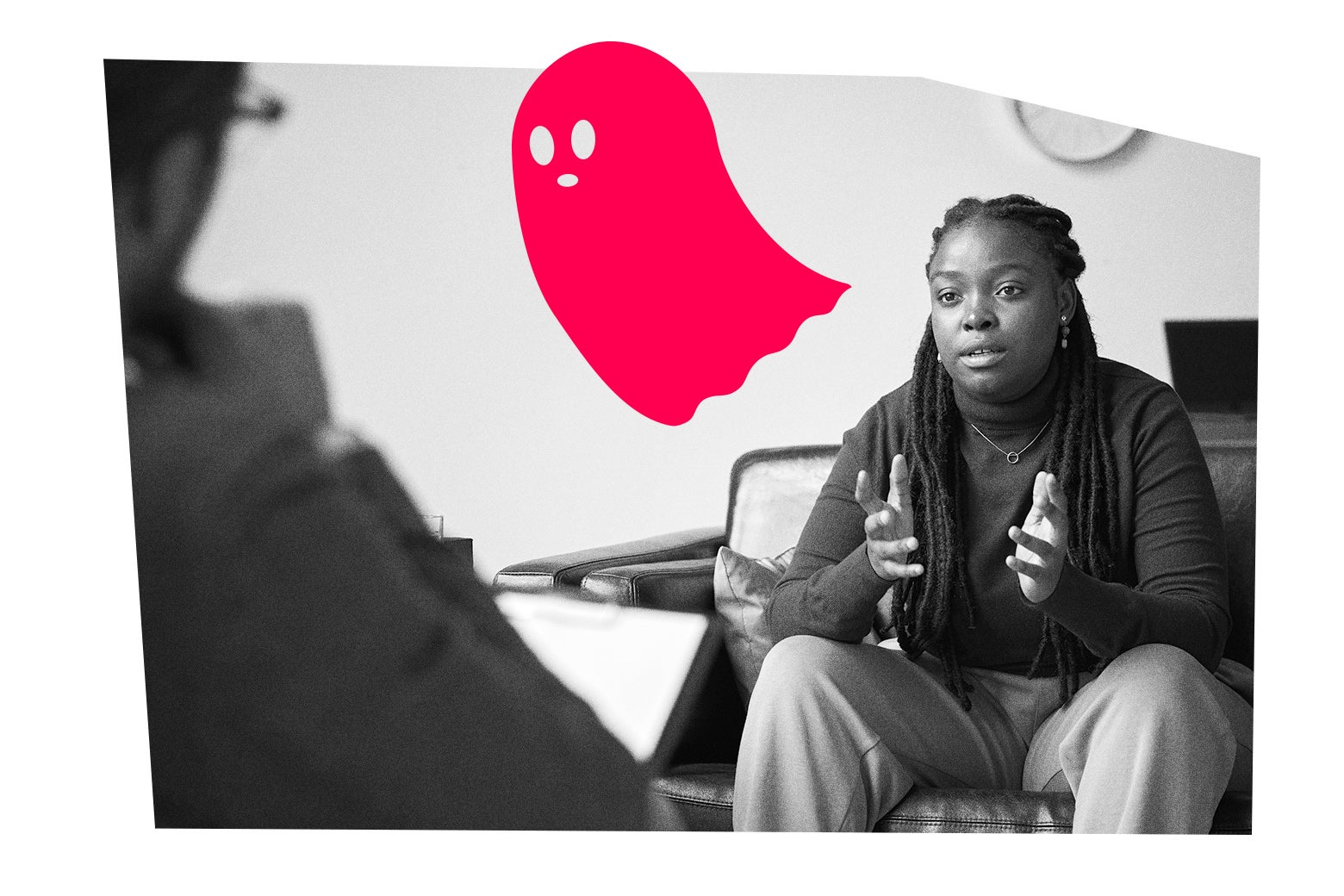Navigating the Emotional Fallout: When a Therapist’s Error Shakes Your Foundation
Therapy is often portrayed as a safe haven, a sanctuary where emotional wounds can be explored and healed. For many, their therapist becomes a trusted confidant, someone who guides them through the labyrinth of their mental health struggles. However, what happens when that trust is compromised? When a therapist’s error shakes your foundation, it can lead to profound emotional distress, leaving you questioning not just your therapist, but the very process of therapy itself. This article aims to explore how to cope with such setbacks and regain your footing.
Understanding the Impact of a Therapist’s Error
Therapists are human, and like all humans, they can make mistakes. These missteps can range from minor oversights to significant errors that deeply affect the therapeutic relationship. Understanding the nature of these errors is the first step in navigating the emotional fallout.
- Miscommunication: Sometimes a simple misunderstanding can lead to feelings of betrayal or confusion.
- Boundary Issues: A breach of professional boundaries can leave clients feeling vulnerable and unsafe.
- Inaccurate Assessments: If a therapist misjudges a situation, it can lead to inappropriate treatment plans that may worsen a client’s condition.
- Personal Bias: Therapists are not immune to personal biases, which can inadvertently color their advice or assessments.
These errors can disrupt the healing process, leading to a cascade of emotional responses. Clients may feel anger, disappointment, confusion, or even shame. The emotional fallout can shake the very foundation of trust that is essential in a therapeutic relationship.
Recognizing Your Emotions
When faced with the emotional fallout from a therapist’s error, it’s crucial to recognize and validate your feelings. Here are some common emotional responses:
- Anger: It’s normal to feel angry at your therapist for their mistake. This anger can stem from feeling betrayed or misunderstood.
- Confusion: You might find yourself questioning the validity of your entire therapeutic experience.
- Fear: The fear of re-engaging with therapy or finding a new therapist can be overwhelming.
- Self-Doubt: You may start to doubt your own perceptions and feelings, wondering if you were at fault.
These feelings are valid and deserve attention. Acknowledging them can be the first step toward healing and moving forward.
Coping Strategies for Emotional Fallout
Once you’ve recognized your emotions, it’s time to implement coping strategies. Here are some effective ways to navigate the emotional fallout:
- Reflect and Journal: Writing down your thoughts and feelings can help you process your experience. Reflection can provide clarity and insight into your emotions.
- Communicate Openly: If you feel safe doing so, consider discussing your feelings with your therapist. Open communication can sometimes resolve misunderstandings and rebuild trust.
- Seek Support: Talk to friends, family, or support groups about your experience. Sharing your feelings can provide relief and validation.
- Consider a New Therapist: If the trust is irreparably broken, it may be time to seek a new therapist. It’s essential to find someone who aligns with your needs and makes you feel safe.
- Practice Self-Care: Engage in activities that promote relaxation and well-being, such as exercise, meditation, or hobbies you enjoy.
These strategies can help you regain your footing and rebuild your emotional resilience.
Rebuilding Trust in Therapy
Rebuilding trust after a therapist’s error can be a challenging but necessary process. Here are some steps to consider:
- Assess Your Needs: Take time to reflect on what you need from a therapeutic relationship. Understanding your requirements can guide you in finding the right therapist.
- Ask Questions: When interviewing potential new therapists, don’t hesitate to ask about their approach, experience, and how they handle mistakes.
- Set Clear Boundaries: Establishing boundaries from the outset can help create a safe therapeutic environment.
- Take Your Time: Healing from a betrayal takes time. Allow yourself to process your feelings and move at your own pace.
Trust is built over time, and it’s important to be patient with yourself as you navigate this journey.
The Role of Self-Compassion
In the aftermath of a therapist’s error, practicing self-compassion is vital. Understand that you are not alone in your feelings and that many have faced similar challenges. Here are some ways to cultivate self-compassion:
- Be Kind to Yourself: Acknowledge your feelings without judgment. It’s okay to feel hurt or confused.
- Recognize Common Humanity: Remember that everyone makes mistakes, including therapists. This shared experience can help you feel less isolated.
- Encourage Yourself: Use positive affirmations to remind yourself of your strength and resilience.
Self-compassion can be a powerful tool in healing, allowing you to approach your emotional distress with kindness rather than criticism.
Seeking Professional Help Again
If you decide to seek therapy again, it’s essential to approach it with an open mind. Here are some tips for re-engaging with therapy:
- Be Clear About Your Goals: Define what you hope to achieve in therapy and communicate this with your new therapist.
- Trust Your Instincts: Pay attention to your feelings about the new therapist. If something feels off, it’s okay to explore other options.
- Take It Slow: Allow yourself to ease into the process. Building a new therapeutic relationship can take time.
Ultimately, therapy can still be a valuable tool for healing and growth, even after a setback.
Conclusion
Experiencing a therapist’s error can undoubtedly shake your foundation and lead to significant emotional distress. However, by recognizing your emotions, employing coping strategies, and practicing self-compassion, you can navigate this challenging experience and regain your footing. Remember, therapy is a journey, and while setbacks can occur, the path to healing is still within your reach. With patience and resilience, you can rebuild trust and continue your journey toward mental well-being.
See more WebMD Network



